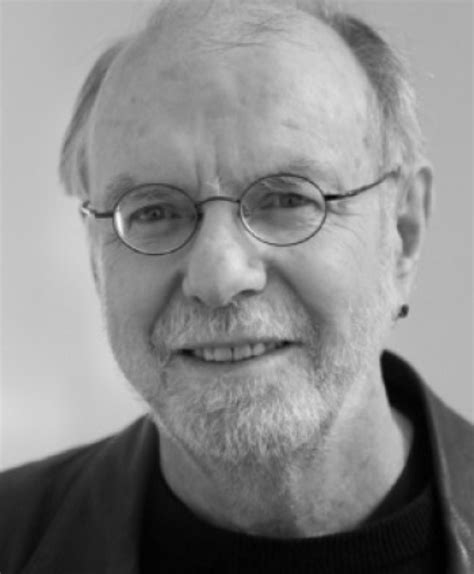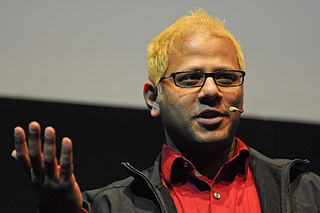Цитата Тома Питерса
Раньше я скептически относился к предсказаниям педагогов и технологов, что мы, возможно, вступаем в новую эру устной культуры, в которой звуковая информация будет не менее важна, чем видимая. Теперь, когда я внедрил в свою повседневную жизнь устройство, позволяющее легко получать доступ к музыкальным файлам и аудиофайлам из любого места, я умерил свой скептицизм.
Темы цитат
Доступ
Принят
где угодно
Культура
Повседневная
повседневная жизнь
Устройство
Легкие
Педагоги
Вход в
эпоху
Файлы
Важная
информация
Минимум
жизни
Создает
май
Музыка
Моя собственная
Новая
новая эра
сейчас
Устная
Собственная
Предсказанный
Скептический
Скептицизм
Разговорный
Закаленный
Используемый
Используется для того, чтобы быть
видимым
Который
будет
Словом
Связанные цитаты
Меня усыновили. Я родился в Эдинбурге и был усыновлен, когда мне было около двух недель. И я думаю, это хорошо, что тогда, в 75-м, когда я родился, вам действительно дали гораздо больше информации, чем сейчас, когда вас усыновили. И знаете, вы можете получить доступ к этой информации, когда станете старше.
Я думаю, что очень важно проводить различие между объективностью, которая имеет тенденцию быть открытой, гибкой, скептически относящейся к своей уверенности и открытой для новой информации, и объективизмом, который думает: «Нет, мы все это знаем, у нас есть это, так что настоящему мышлению и обучению может прийти конец».
Сейчас у 70 процентов людей нет компьютеров. А там, где они нужны больше всего, у людей их нет. Мы думаем, что это позволит каждому владеть компьютером. Мы нацелены на всех, кто использует компьютер в качестве устройства доступа к информации. Первоначальная идея заключалась в том, чтобы сделать один достаточно дешево, чтобы поставить его на каждый стол.
Я думаю, что мы определенно страдаем от информационной перегрузки, но я верю, что будут все лучшие и лучшие способы организации этой информации и ее обработки, чтобы она улучшала вашу повседневную жизнь. Я просто думаю, что технологии и информация в данный момент ошеломляют, но они действительно сделают жизнь лучше.
Сегодня мы находимся на пороге очередной экстраординарной революции. Информационный век уже закончился, и его место занимает новая захватывающая эпоха. Помните, ключевой момент заключается в следующем: когда богатство происходит из нового источника — скажем, из информации, а не из промышленности — рождается новая экономическая эра.



































